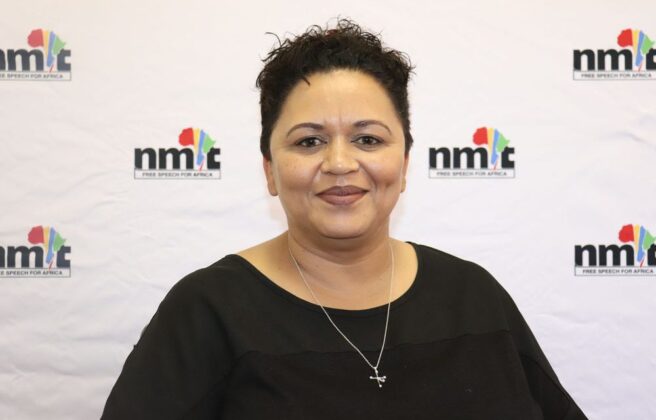The Namibian Media Trust (NMT), a non-profit organization based in Windhoek, and the University of Stellenbosch, a public research university in South Africa, are inviting interested journalists, digital activists, parliamentarians, lawyers, regulators and students to participate in an online programme focusing on current issues in media freedom in Africa.
The programme, which goes live on October 16, has two courses. The first is in the Professional Certificate in Media and Digital Policy in Africa. The second course, which builds on the first, closely examines the regulation of media, the internet and artificial intelligence (AI), as well as issues of access to information, the challenge of the economic viability of media and further tips for civil action.
According to Ms Zoe Titus, Director of the NMT, the courses require a commitment of about three to five hours a week and is self-paced, with each of the courses taking four weeks.
Although the courses are free, participants who want a prestigious professional certificate from the University of Stellenbosch will be required to pay US$99 for each of the courses.
Participants are expected to get expert knowledge about current issues in media freedom in Africa, including online; an insight into strategies to address the challenges to media viability; and getting an understanding, through case studies, of how people have successfully made change to happen.
The course explores freedom of expression, access to information, and online freedoms in Africa, taking into account issues of disinformation and the challenges of Internet companies’ models.
It also addresses AI’s impact on media and journalism, examining colonial legacies and neo-colonial control of communications for political repression, and civil society’s role in achieving change.
The course will delve into transforming inhibiting policies and practices, enabling better communication freedoms through appropriate laws with its foundation being an overview of the principles of freedom of expression and access to information and how these apply to media and online freedoms in Africa today.
The course offers a frame of reference for assessing whether any restrictions on the rights to freedom of expression and access to information meet international standards of being necessary or justifiable in order to protect other basic rights.
Besides the legal frameworks, it will also look at other elements that make up an enabling environment where communications media can thrive and play a positive role in democracy and development. These elements include pluralism of service providers, a diversity of content and inclusive journalism.
The course is designed to support participants with knowledge for taking effective civil action to work for positive change in free expression in their countries and beyond as they will have the opportunity to learn from the experience of experts and to gain ideas by engaging in discussion forums.
More information, including how to register, can be obtained at: info@nmt.africa






